[[bpstrwcotob]]
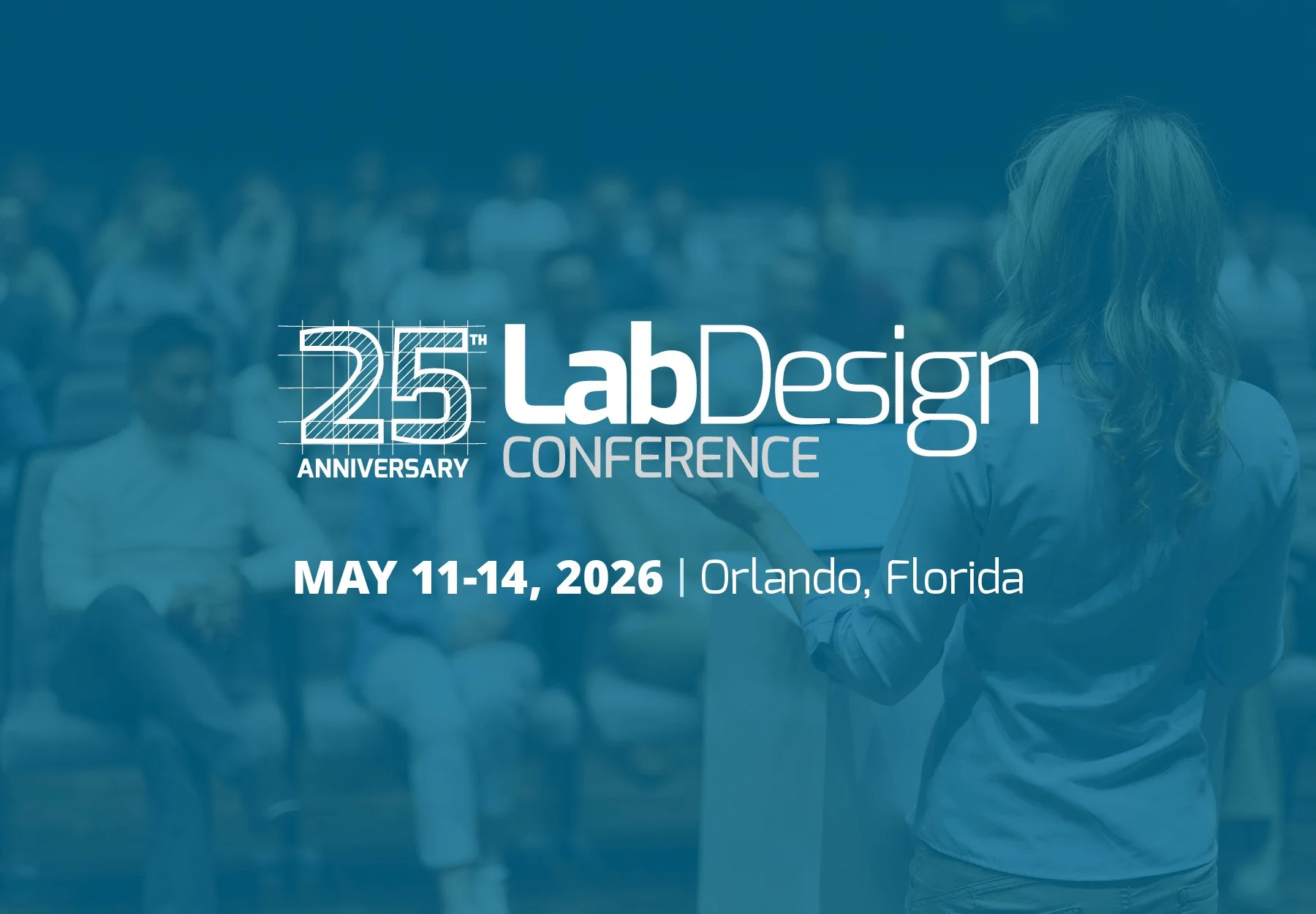
Register Now and Save $100 on Your Lab Design Conference Ticket
Register by February 27, 2026, to save $100 on your pass to the 25th annual Lab Design Conference, where lab design professionals come together for expert insights, real-world case studies, and meaningful peer connections
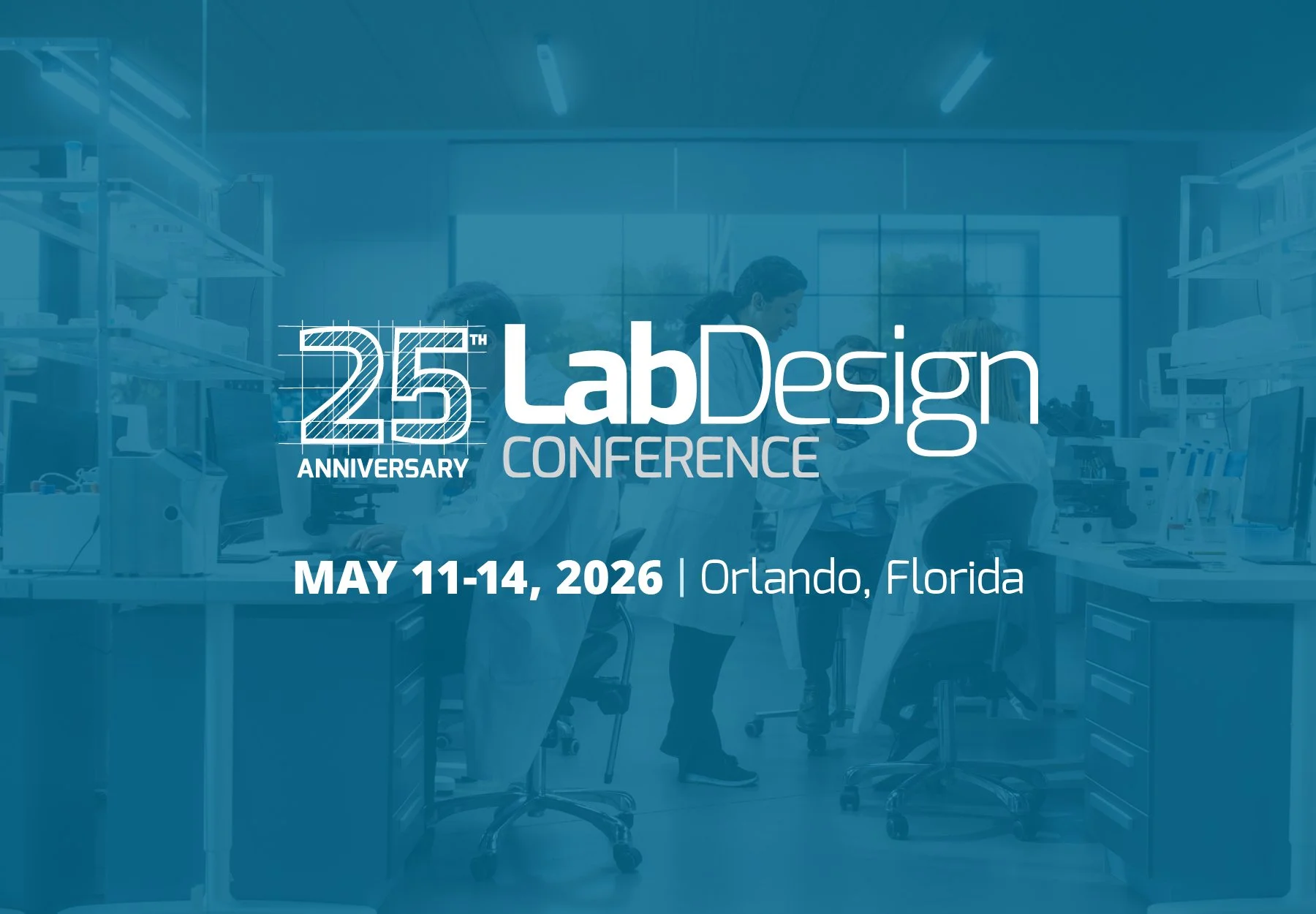
Planning a Lab Renovation or Retrofit? Here’s Why You Should Attend the 2026 Lab Design Conference
The 2026 Lab Design Conference brings together real-world lessons, practical education, and peer insight to help renovation teams navigate the constraints, risks, and complexities of updating laboratory spaces—without disrupting the people and science that depend on them

Lab Design Conference Speaker Profile: Philip Keyes
Lab stakeholder Philip Keyes shares practical, human-centered strategies for optimizing lab spaces in his 2026 Lab Design Conference session—register now to learn more and connect with fellow lab end users and industry leaders
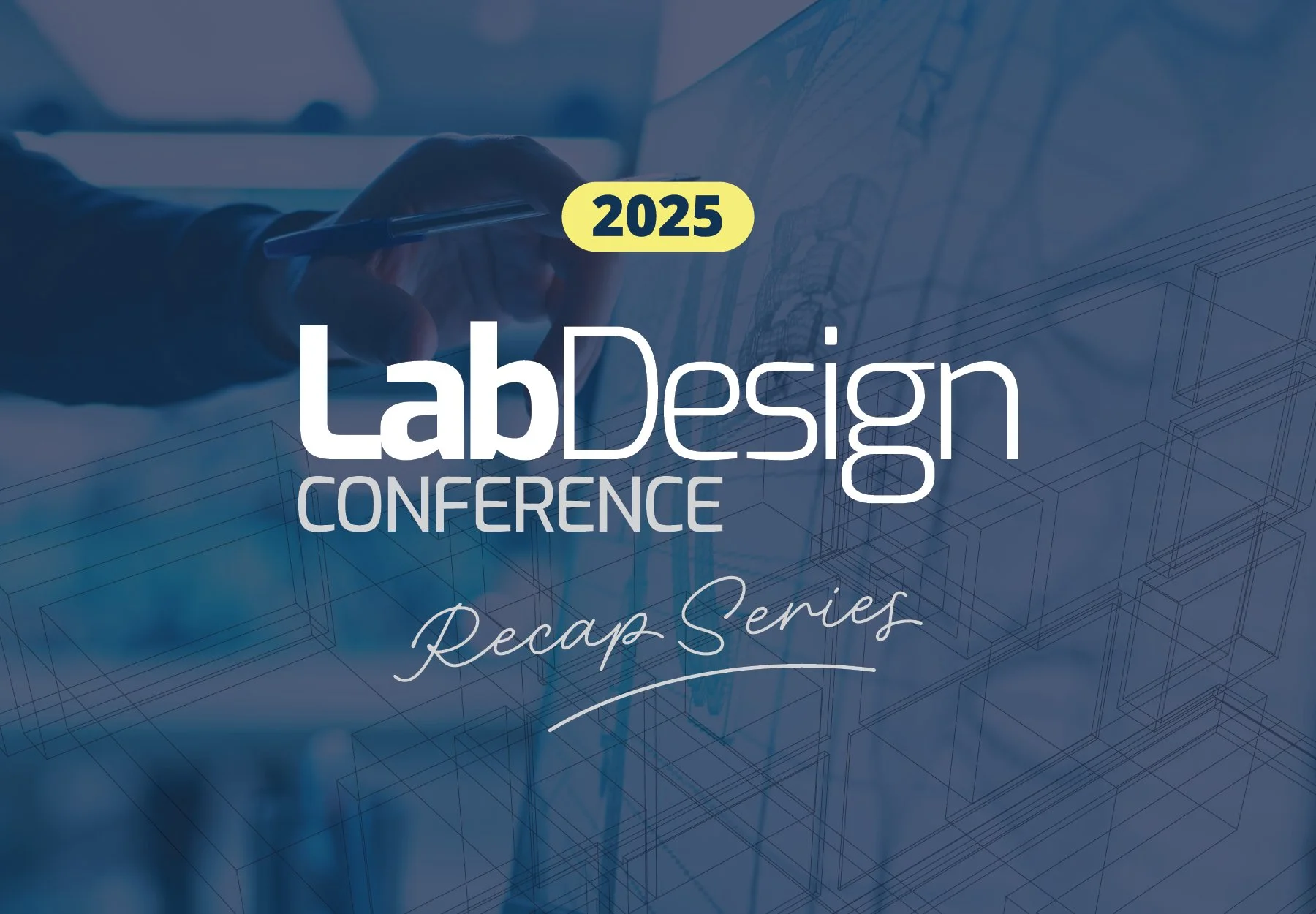
An Engineer’s Approach to an Integrated and Innovative Research Institute
At the 2025 Lab Design Conference, AEI principals Blythe Vogt and Holly Lattin showcased the University of Arkansas’s I³R building as a model of sustainable, flexible, and modular lab design that integrates energy-efficient systems, adaptable floorplates, and forward-thinking engineering to support evolving interdisciplinary research needs

Lab Design Conference Speaker Profile: Michael Wesolowsky
At the 2026 Lab Design Conference in Orlando, Thornton Tomasetti principal Michael Wesolowsky will lead an interactive roundtable on addressing vibration challenges in laboratory design and renovation, exploring practical mitigation strategies while sharing insights from his career—and a few personal interests—along the way
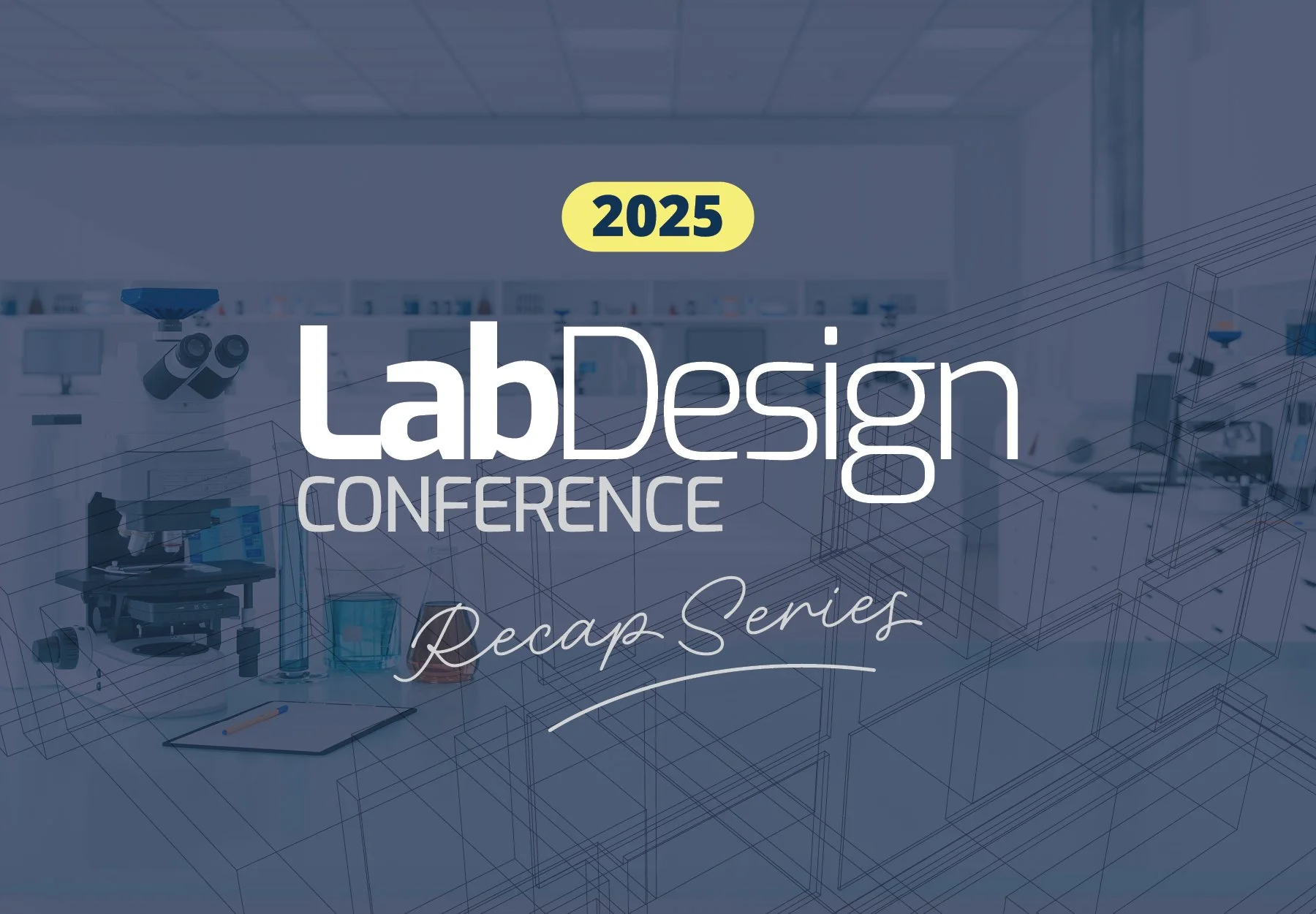
Colorado’s First: Pioneering Net-Zero Energy and All-Electric Life Sciences Design
The Ridgeway Science & Technology project in Boulder, presented at the 2025 Lab Design Conference, showcases how IMEG Corporation and Conscious Bay are pioneering Colorado’s first net-zero energy, all-electric life sciences facility through flexible, data-driven design and innovative energy storage solutions
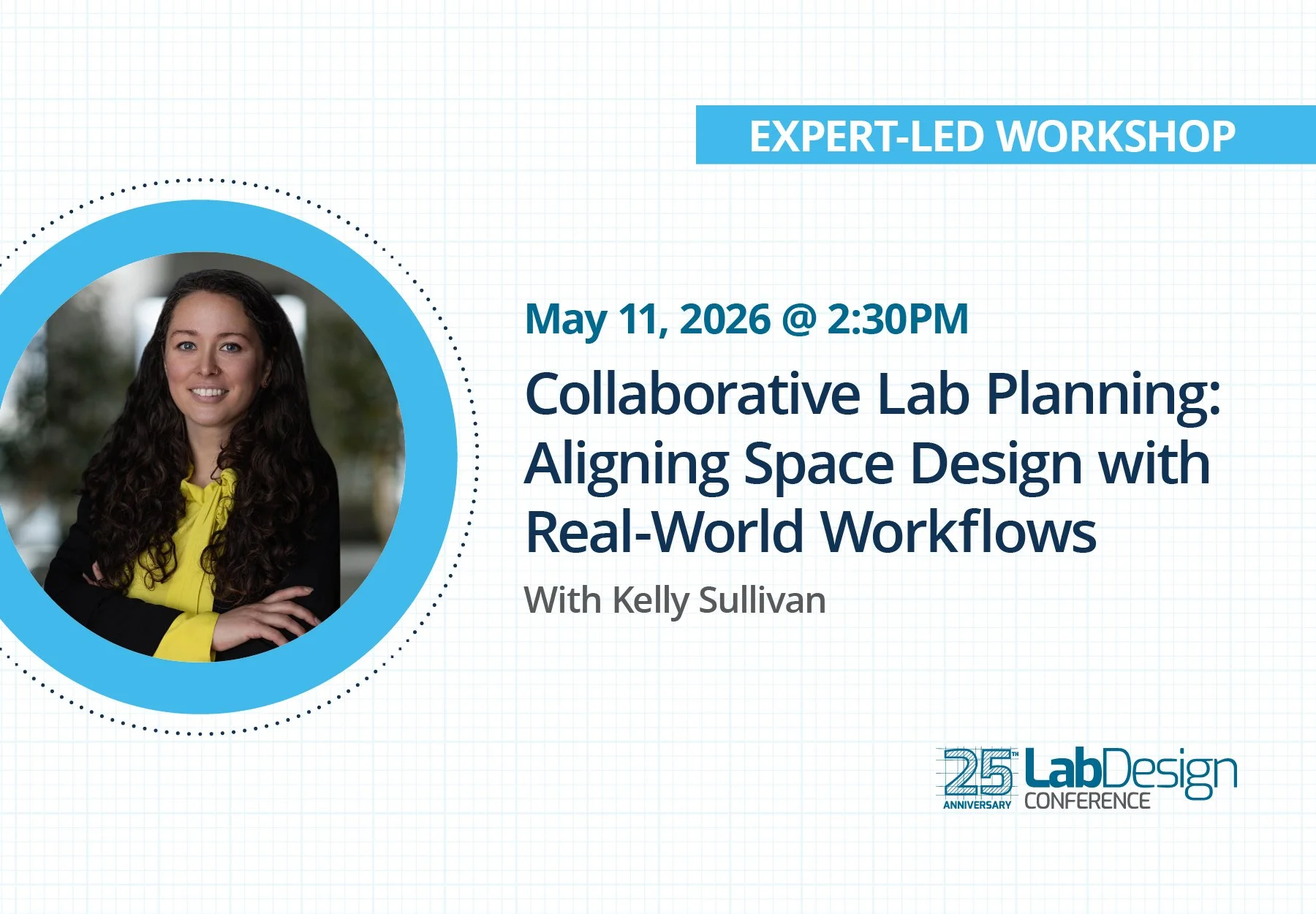
2026 Lab Design Conference Workshop: Collaborative Lab Planning
At the 2026 Lab Design Conference, a two-hour interactive workshop led by Kelly Sullivan, PhD, will help lab and design professionals align lab spaces with real-world scientific workflows—the workshop takes place on May 11 with limited tickets available
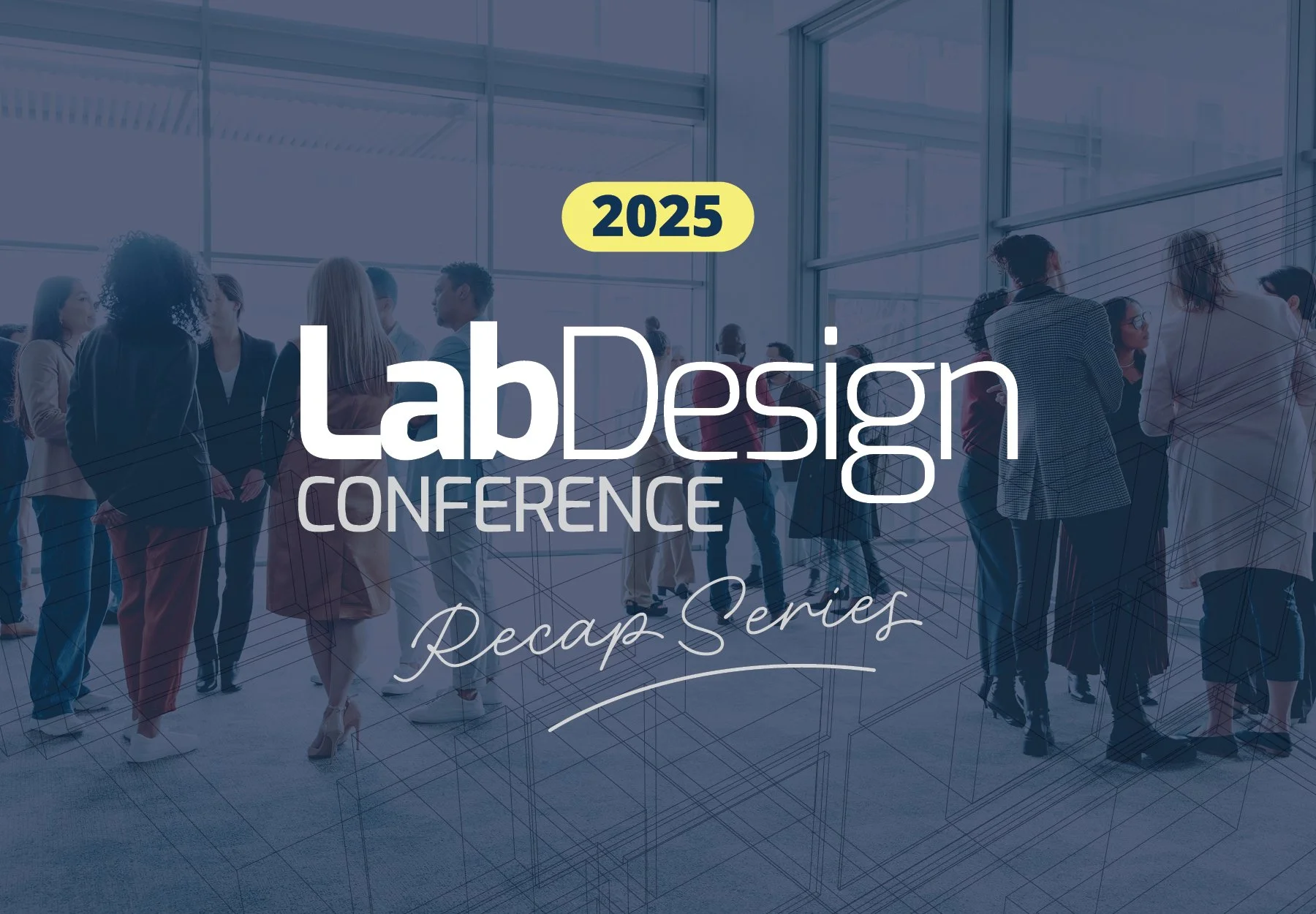
Key Takeaways from Relocating Complex Lab Projects
Careful, early planning and detailed field verification are essential in laboratory relocations to prevent costly mistakes, schedule delays, and operational disruptions
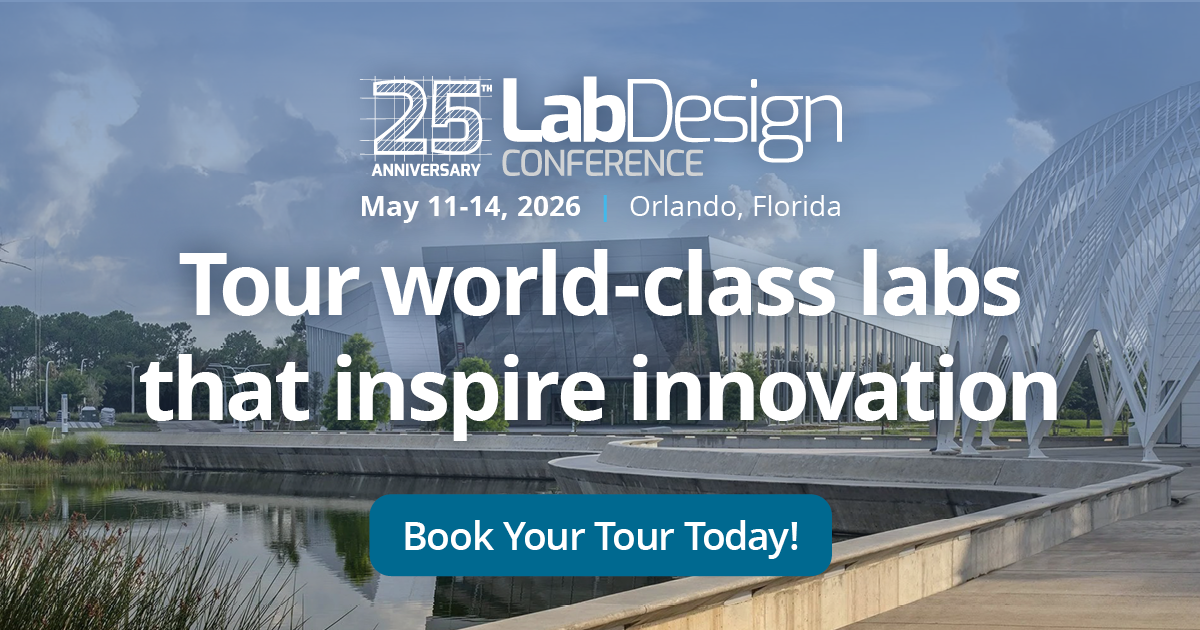
2026 Lab Design Conference Lab Tour Preview: Iron Bridge Regional Water Reclamation Facility
Attendees of the 2026 Lab Design Conference can join a separately ticketed afternoon tour of Orlando’s Iron Bridge Regional Water Reclamation Facility to see how its compact, highly efficient laboratory conducts critical environmental testing and delivers rapid results that support the city’s water systems
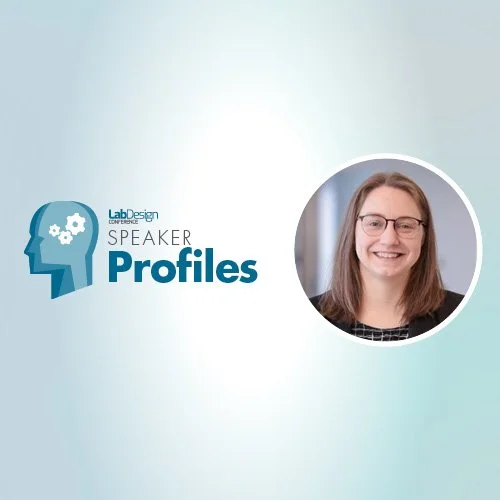
Lab Design Conference Speaker Profile: Kat Lauer
Kat Lauer will present strategies for safely integrating hazardous materials into lab design at the 2026 Lab Design Conference, sharing practical insights on planning, workflow optimization, and stakeholder collaboration
